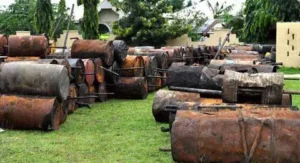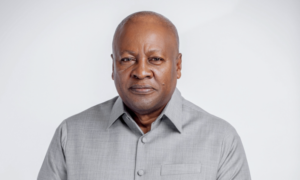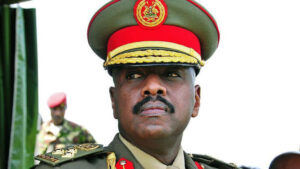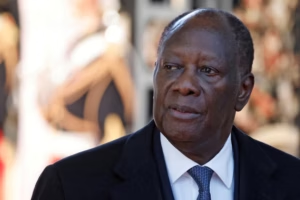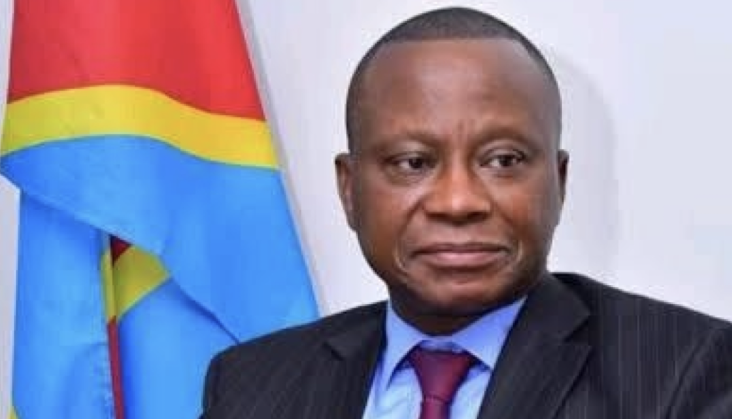
The discovery of the body of Chérubin Okende – the spokesman for Moïse Katumbi’s Ensemble pour la Republique party who was shot dead in Kinshasa on 13 July – has stunned the Congolese political class, and with just five months until the presidential election, heightened tensions.
On Thursday, 13 July, Chérubin Okende, a former minister of both transport and communications and the spokesman for Moïse Katumbi’s Ensemble pour la Republique (Together for the Republic), one of the Democratic Republic of Congo’s main opposition parties, was found shot dead at the wheel of his car in the country’s capital, Kinshasa. His family had reported his abduction a few hours earlier.
Two days later, on 15 July, opposition politician Franck Diongo was released after a month’s detention at the hands of the military intelligence services in Ndolo military prison. Diongo is the leader of the Mouvement lumumbiste progressiste (Progressive Lumumbist Movement, MLP), a presidential candidate and fierce critic of DRC President Félix Tshisekedi – as well as someone very close to Katumbi. He was arrested on 20 June by armed men on a Kinshasa street.
Was the timing a coincidence, or was his provisional release precipitated by this tragedy? Following the discovery of Okende’s body, leaders of the opposition, civil society and the Catholic and Protestant churches have all denounced an unhealthy political climate, marked by restrictions on freedoms.
Opponents prosecuted
On 30 May, Katumbi’s special advisor Salomon Idi Kalonda was arrested on the tarmac at N’djili airport by military intelligence. Currently being held at Ndolo, he is awaiting trial on charges of colluding with M23 leaders and Rwandan officers to overthrow the current government and “install a leader from Katanga,†according to military intelligence.
A few days prior, provincial MP Mike Mukebayi, a member of Katumbi’s party, was arrested at his home and sent to Makala central prison for having made comments “inciting tribal hatred†in the wake of the opposition march that was suppressed on 20 May. Previously in May, Katumbi and former prime minister Matata Ponyo had been prevented from travelling to certain western provinces because of their respective political activities. Ponyo is also facing justice in the Bukanga Lonzo case, involving the disappearance of more than $205m for an agro-industrial park project.
‘This crime will not go unpunished’
With five months until DRC’s presidential election, these cases are not helping to ease political tensions. And the murder of Okende could either further fan the flames, or provide the impetus needed for calm to prevail. While some see the release of Diongo as the first sign that the government is seeking the latter, it is the follow-up to the investigation into Okende’s murder that will send a decisive signal.
Upon his arrival in Kinshasa on 16 July, Katumbi condemned what he called a “political assassination†and asked for the support of the UN mission (MONUSCO) to shed light on the affair. For its part, the government is not opposed to accepting outside help in the investigation either. On 14 July, the executive indicated that it
would seek the support of Belgian and South African experts. “This crime will not go unpunished,†said President Tshisekedi.
Memory and family
Meanwhile, Nobel Peace Prize winner Dr. Denis Mukwege has called for urgent action by the nation’s driving forces “to provide a strong, appropriate and lasting joint response to the serious violations of human rights and to defend democracyâ€. “The aim is to provide a comprehensive response to the political crisis, in the face of a parliament that is not playing its role properly,†said one of his advisors.
The popular movement Lutte pour le changement (Fight for Change) has come out in support of Mukwege’s proposal, while opposition leader Claudel Lubaya has said President Tshisekedi must “assume his responsibilities†starting by suspending all those involved or suspected in the assassination.
On 17 July, the victim’s family lodged a complaint at the Kinshasa-La Gombe prosecutor’s office. The family lawyer, Laurent Onyemba, is calling for the resignation of certain security service officials so as not to “cloud the investigationâ€.
At a press conference organized by the Ministry of Communication on 17 July, Nicolas Kazadi, who said he was “deeply affected†by the death of his former colleague, called for restraint and denounced the fact that Okende “has become a political commodity,†adding that “it shows a lack of respect for his memory and his familyâ€.
